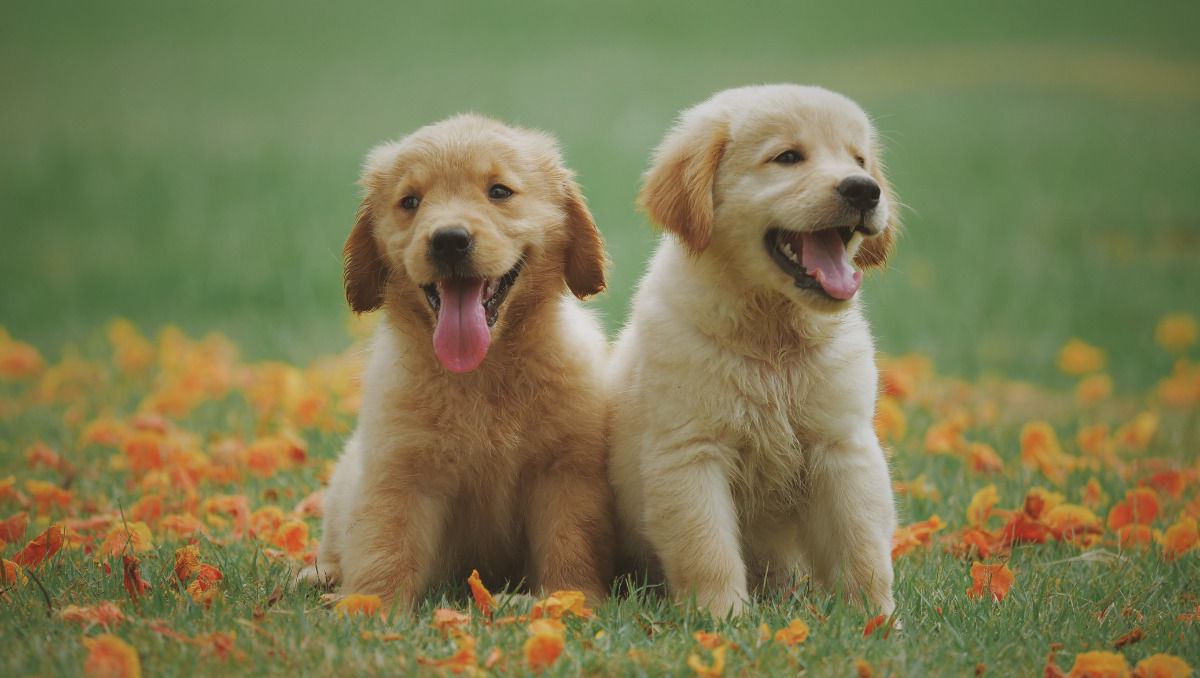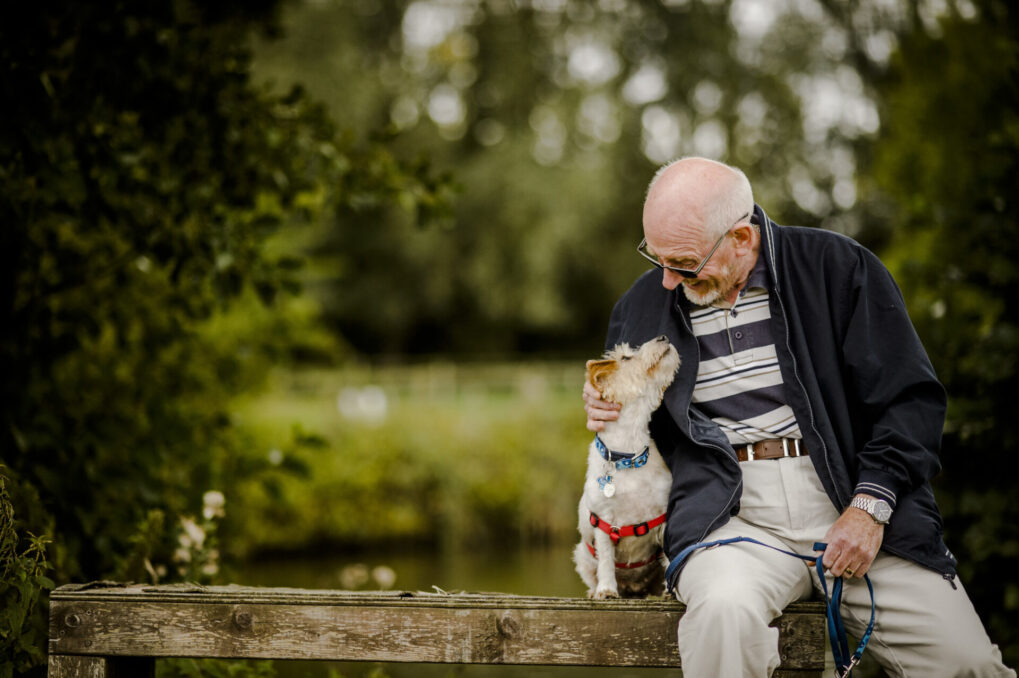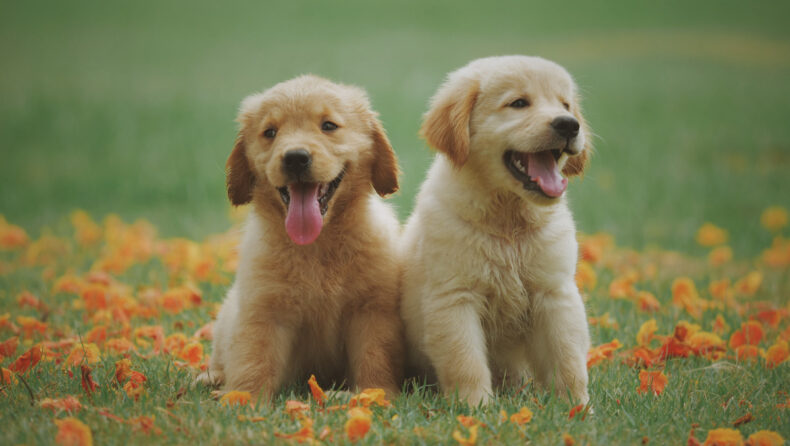Dogs are one of the most popular species of animals in the world of philozoics aka people who are fond of animals. They are favoured as pets, friends and family members. Dog owners love to talk about their pets and their roguish habits. The chatter around dogs and their pranks and deviltries are a never-ending topic of discussion on forums dedicated to these mutts.

However, this playful setting can open a door to argy-bargy if these canine holders cross paths with cat aficionados. Canine holders or Dog parents are especially enthusiastic about their pets when it comes to Cat vs. Dog debates. The first stage of comparison is almost always the nature of their emotions i.e., dog’s or cat’s sense of concern for their human parents.
Today, we are going to talk about what kind of emotions and feelings our dogs feel when put in situations that are both favourable and unfavourable. Do our dogs feel embarrassed? Do they feel guilty? And if they do, how can we understand them?
At present, there are not many studies that we can rely on to study our dog’s complex emotions such as feelings of embarrassment, and guilt and be sure that what we think they are feeling is embarrassment or just confusion.
History of Dogs and their Evolution
We boast about our canine’s selfless, loyal, courageous and thoughtful nature numerous times a day. Gradually with time, we also come to learn about their favourite foods, songs and places. But we barely learn anything about where these animals came from or how we came to domesticate them.

Miacis is the oldest ancestor to the animals that are called canids in modern times. Canids are further classified into species of jackals, arctic and red foxes, dogs, and dire wolves along with many others. Miacis don’t have any direct descendants, but species similar to dogs called canids evolved from him. Cynodictis is the first ever known dog that evolved 30 to 40 million years ago.
According to a paper published by Scientific American, Paleo Humans could be one of the earliest humans who would have domesticated dogs as it is known that gentled hounds could have come useful to safeguard them against possible threats and dangers. Trained canines may have acted as a good companion on cold winter nights and could have lent them their back for carrying food supplies that didn’t centre around a paleo diet.
Current State of Domestic Dogs
A statistics report revealed that the number of pet dogs in India is expected to grow and cross 31 million mark by 2024. A report published by the American Society for the Prevention of Cruelty of Animals (ASPCA) sheds light on the adoption estimates and states that around 2 million dogs are finding themselves a home (viz. being adopted) each year on average.

According to reports by Pet Secure, India is ranked sixth in terms of having dogs as pets, with an estimated number of 10,200,000 domestic dogs. The US surpasses everyone and ranks one with an approximate number of 69,929,000 domestic dogs.
Do Dogs Feel Embarrassment and Guilt?
In an interview with Salon, Dr. Marc Becoff shared plenty of insights about his observations on dogs. He emphasized that various articles on the internet misrepresent the idea of dogs feeling shame or embarrassment. Dr. Marc talked about the case in which various authors misunderstood or misread the intention behind Dr. Alexandra Horowitz’s research paper and its results published in “Disambiguating the ‘guilty look’: salient prompts to a familiar” essay.
Marc briefed about the stark difference between the actual study and what was being circulated on the internet. Dr. Horowitz did not intend to dismiss the possibility of dogs having feelings of guilt and embarrassment but she rather wanted to understand if humans can or cannot spot those states of emotions in their dogs.

Dr. Marc Bekoff clarified that he is not a big fan of anthropomorphism, a tendency of humans to relate human personality traits to nonhuman entities or things. But signified that lack of evidence-based research on the topic doesn’t eliminate the idea of dogs having such feelings.
He explained the evolution and domestication of animals have changed several things. Dogs or animals who are self-aware and are conscious of their surroundings tend to feel these emotions with certain intensity. Especially if they know that there are fair consequences to their actions. He shared how his dog acted differently once he arrived back home from work, and he later found that his ski jacket was torn apart and peed over by his dog.
Dr. Marc shared that animals who tend to socialize more can be influenced by these feelings than their counterparts who are living more solitary lives. Canines can pick up the habits of their human parents and share the same feelings of sadness and guilt.
Note to Dog Owners
Animals who are surrounded by groups or follow the lead of their human parent are substantially affected by their moods and temper. If your dog has started behaving strangely out of nowhere or his habits are constantly annoying you. You may like to see a veterinarian as they may not be feeling well or are anxious about something. If his abnormal behaviour lasts long, it could be a sign of mental illness.













